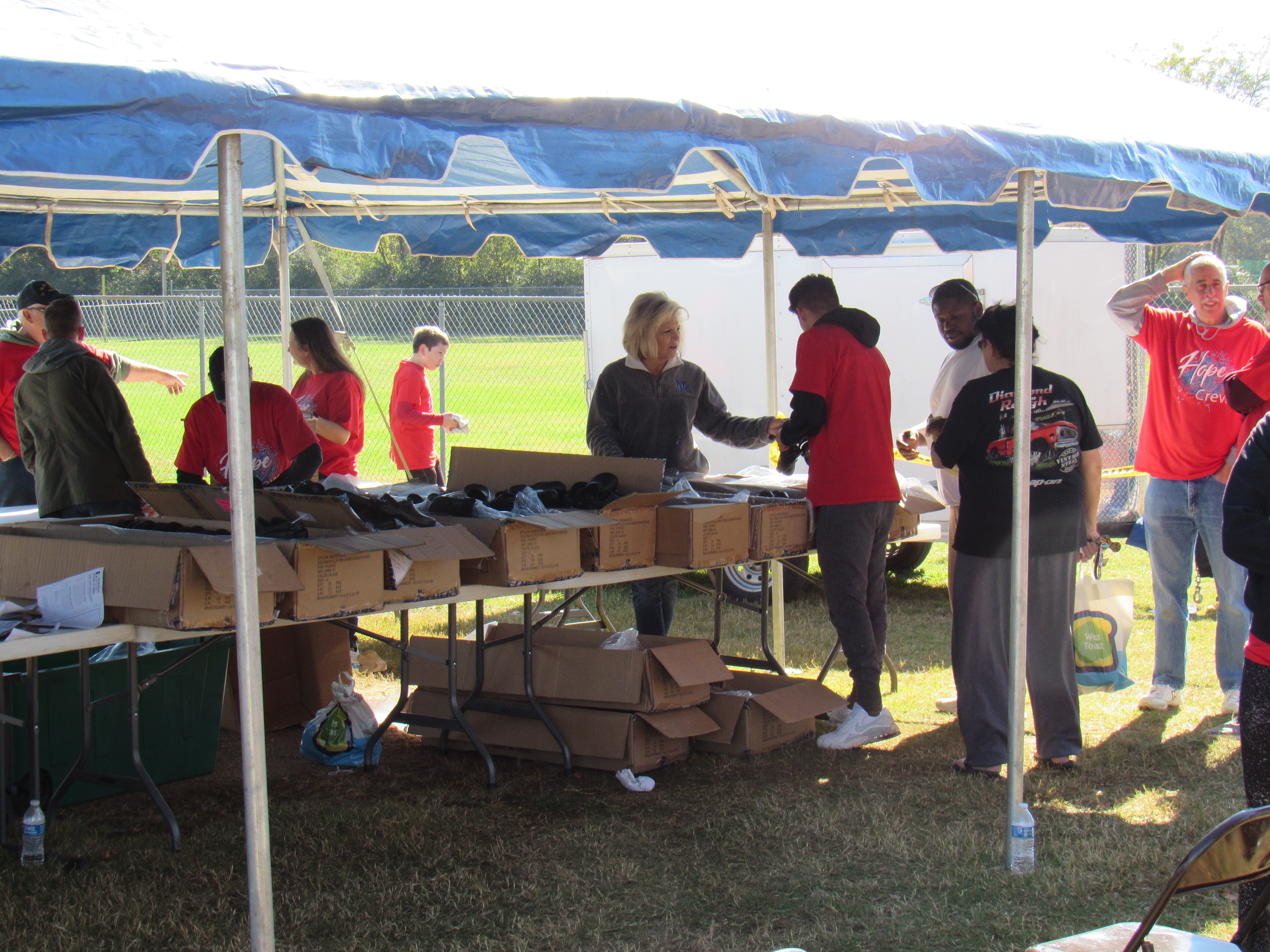Pretty, purple henbit: It’s a weed
Published 8:20 am Wednesday, March 24, 2010
Trending
Those pretty purple flowers have made their annual early spring appearance in North Alabama. While these flowers are pretty at first glance, most homeowners recognize that these weeds are Henbit (Lamium amplexicaule L.) and they are a challenge in most yards every year.
Henbit is a winter annual broadleaf weed, which germinates in the fall or winter and grows during any warm weather, which may occur in the winter, but otherwise remain somewhat dormant during the winter. They resume growth and produce seed in the spring and die as temperatures increase in late spring and early summer. They quickly invade thin turf areas especially where there is good soil moisture. Shade may also encourage growth. Many have a prostrate growth habit and are not affected by mowing. A dense, vigorous turf is the best way to reduce the encroachment of winter annual weeds. Select adapted turfgrass cultivars for your area and then properly fertilize, mow, and water to encourage dense growth.
If you’ve wondered why you can’t simply get rid of Henbit from your yard, you are not alone. Henbit is resilient. They produce more than 2,000 seeds per plant and the seeds can remain viable for 25 to 40 years. Henbit is not very selective about where it will grow. While it enjoys rich, fertile soils, it also grows well in marginal and even sandy soil types. The plants usually emerge from a soil depth of one inch or less, but can come from a depth of up to two and one-half inches.
Henbit is difficult to control. In cool season turf, fall applications of two, three and four way broadleaf herbicides will provide fair to good control. In warm season turf, excellent control is achieved with various sulfonylurea herbicides applied in fall or early spring. Pre-emergent herbicides may be used both in the fall and late winter to prevent germination.
Henbit may be in the yard or in pastures. It is not preferred by grazing animals.
For more information on gardening or home horticulture questions, contact the Limestone County office of the Alabama Cooperative Extension System at 1109 W. Market St. in Athens. Phone number is (256) 232-5510. The Limestone County Master Gardeners is working the Master Gardener HelpLine on Mondays and Wednesdays from 9 a.m. until 1 p.m.
Trending






